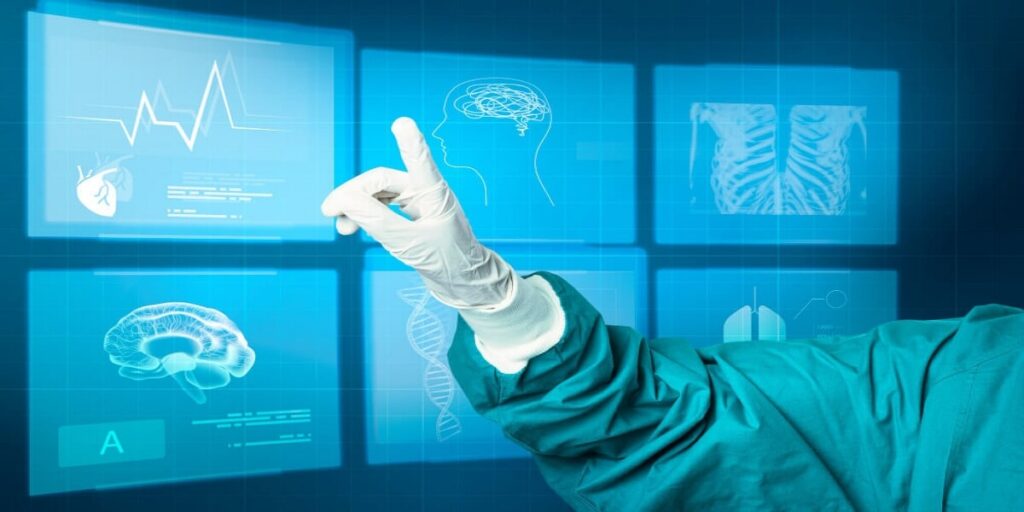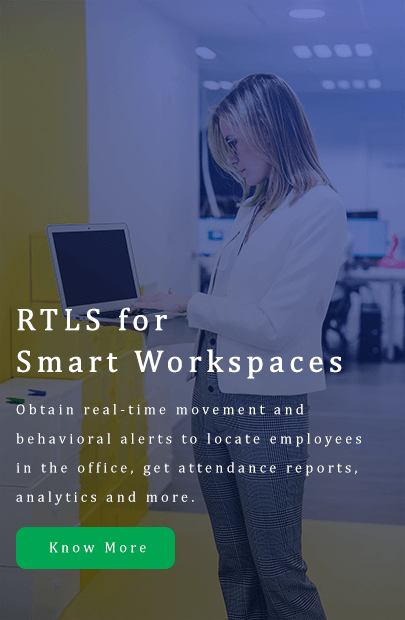IoT Digital transformation in healthcare has been the building block to a patient-focused approach to healthcare. This has helped healthcare providers streamline operations, understand what the patient requires, build loyalty and trust and offer a better user experience. That being said the concept of IoT RTLS (real-time location systems) has been making even higher strides with unprecedented adoption rates for powerful location analytics insights that drive massive cost savings in the long run.
According to a recent report from an internet source, less than 10% of the healthcare industry has effectively leveraged the potential of RTLS.
Pinmicro’s dSense solution has been a very strong player in the healthcare sector on a global level. With in-house designed hardware and software, dSense has quickly risen among the ranks to be one of the best location analytics solutions in the healthcare industry. Some key benefits and use cases include:
- Patient tracking – Devices such as beacons & smart IoT wirelessly connect with smart sensors to read the heart rate and other vital parameters in real-time and are constantly under surveillance for anomalies. These IoT devices remind the doctor of information like calorie count, number of steps taken in a day, blood pressure, heart rate and much more. They also enabled real-time remote monitoring which was especially beneficial for elderly patients. It uses an alert mechanism and sends a notification to concerned healthcare providers and family members.
- Hospitals operations – Apart from tracking patients’ health and location, these smart IoT devices were also used in many other areas in hospitals. The beacons when connected with the sensors were used for monitoring the real-time location of medical equipment, including nebulizers, wheelchairs, oxygen pumps and other equipment. Hospitals also had to deal with the spread of infection and IoT-based hygiene monitoring assisted in preventing patients from contracting various contagious infections including the novel Covid-19. Also in addition to this, smart IoT devices helped in managing environmental parameters like temperature and humidity in the hospitals.
According to another internet source, As healthcare systems generate real-time data at an increasing rate, the need for fast centralized data access has become paramount. A data-centric architecture can be the key to providing what a healthcare system needs to meet consumer expectations, reduced costs and improved patient outcomes.
As the report said, Pinmicro’s dSense has delivered exactly the same in the most efficient manner and is also expected to expand its base into more speciality and super speciality healthcare facilities across the world in the very near future. To know more about, dSense and how it brings about digital transformation in healthcare, visit https://dsense.io1/hospital/.







